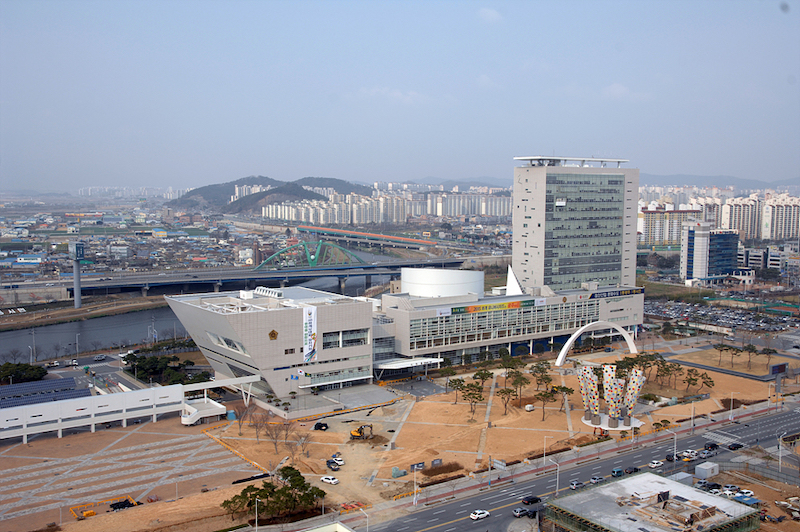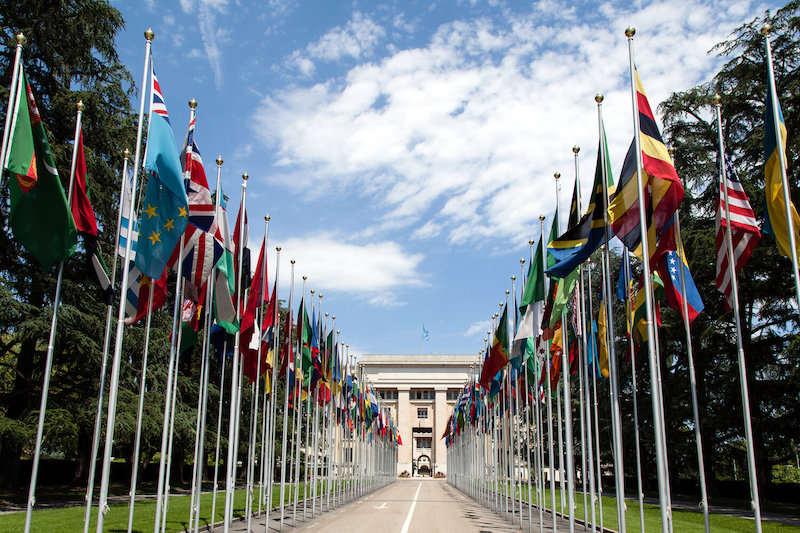Applying International Relations Theory to the Sub-national
By Jonathan Joseph Chiarella
Freakanomics authors Dubner and Levitt thought to use research methods from economics to answer puzzles in recent history. Most (in)famously, they showed a statistical link between abortion’s legalization and the drop in violent crime in America. To any other social scientist versed in quantitative methods, these findings were not wrong; but neither were they revolutionary in their methods. Dubner and Levitt had only done exactly what they themselves had already been doing.
What is far more interesting is how we can apply theory. Quantitative methods in the social sciences and in general statistics are not strictly segregated by discipline. It is not as if sociologists abhor regression and only geographers use Poisson distributions.
What I advocate is different from Dubner and Levitt, it is the qualitatively distinct application of the debates within international relations (IR) theory because they disrupt assumptions and allow fresh perspectives without being as nebulous or as unprovable as cultural theory. (Although much of human society is downstream of culture, it is impossible to settle the relevant questions: what is and isn’t culture, how direct the causal links are.) After understanding what IR is, let’s apply it to better understand the issues facing Honam.
What IR Is Not
Defining something by contrast to its opposites, Buddhist philosophy and academia frown upon this, for slightly different reasons, of course. Now permit me to contradict that immediately. No one confuses bureaucratic policy with agriculture. No one conflates electoral campaign studies with rabbinical studies. However, the term “international relations” conjures the narrowest views of diplomatic practice to some, and others think of comparative politics — albeit in some foreign region. IR Theory is neither.
What IR Is
IR is the study of how independent actors compete and/or cooperate and in what conditions. That is it. The easiest units to study are sovereign states. Traditionally, they have been the most powerful actors by far and the closest to being independent of higher authority. When the British bombarded China’s ports in 1839, the Qing emperor had no world police to call for help. When the world debated the Montreal Protocol, it was uncharted territory. Sovereign states — “nations” — are our “spherical cows.” Hence, the name “international relations.”
Questions to Consider When Considering the Local
General political and social theory, the collective action problem – these are not the exclusive property of IR. In fact, little is, but IR is a good repository of philosophy, history, and political theory. Let us apply this to Gwangju, or any region in a competitive context. What do we want to maximize, relative or absolute prosperity? Is it in our interests to be richer than we were 20 years ago or to be better off than Gyeongsangbuk-do? One can say “a rising tide lifts all boats,” but humans have limited lives. It seems fine if all regions excel, even if some rise more than others, but if too many youths move to greener pastures, you are left with a moribund society. If absolute growth is so great, and everyone in Gwangju or Wando has more access to medicine or the internet than any Korean in 1980, many more goods than centuries ago, then why is regional depopulation a fear now and not in 1580?
We can also ask if ideational or material changes are more effective. If the former, then appeals to a “spirit,” appeals to identity, “power to” and the liberal ideal of individually changing minds en masse makes sense. If the latter, then money and “power over” matter more than hearts, and even mindsets become “downstream” of physical reality. All the promotion in the world may not have the same effect as exchange, and research in Korea has shown that although moving locations will always shift political feelings, living in Gwangju at any age for any period of time changes a voter’s political sympathies more greatly than does living in Daegu. If idealism — the power of images and thoughts — is supreme, act fast. If materialism is supreme, do unpopular things now to ensure a more prosperous tomorrow.

When Jack Snyder edited a volume on civil wars, the chapters expertly showed how an IR lens could apply to seemingly domestic wars. The concerns of security, livelihood, and stability, are just as pressing. It does not matter the bombs come from foreign countries or from “irregular” militias. The line between “national” and “international” is blurrier than ever. We can extend this further by accepting that all competition is competition. The grand strategies of economic warfare are similar to traditional warfare. Security dilemmas, whether to prioritize prosperity or dominance, what needs to be “secured” and from what it needs to be “secured” — these are universal questions.
Consider what we are fighting for and what is important. To the credit of economics, the discipline always restates the crux of all social science inquiry: who gets what and why.
The Author
Jonathan J. Chiarella grew up in New York. He holds a B.A. in History (Rochester) as well as two M.A.s (Chonnam, Florida) and a Ph.D. in Politics (Florida). You can spot him riding the river trails or read his analysis of current affairs related to Honam or international relations.




